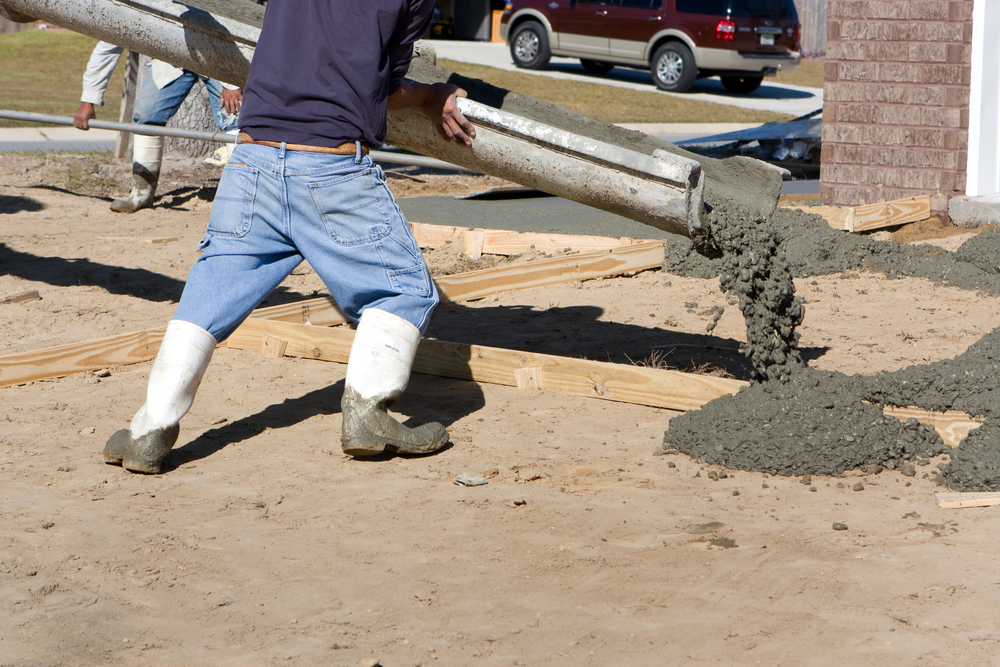Before your new driveway can be installed, the old driveway will first have to be removed completely, and subgrade will be laid and smoothed. Depending on where you live and how large your driveway will be, as well as whether you are choosing a concrete or asphalt driveway, this may all be done on the same day, or it may take up to a week.
Concrete driveways typically take between two and three days to install, while asphalt driveways may be paved in one day.
Will it be a hassle for coming home and parking?
For the most part, you shouldn’t have much trouble. The time where you’ll notice it as an issue will be minimal, especially if there’s street parking around your home. However, you may want to make brief parking arrangements ahead of time. This will give you a better chance of avoiding a hassle through the process. Concrete and and asphalt both, as stated before, will take a few days to be done with install.
In both cases, you will need to wait a while before using your new driveway. Asphalt driveways take between three and five days to cure, and that means vehicles will need to be kept off. After you get the all-clear, you’ll be able to drive over your new asphalt driveway, but wait another couple of weeks before you park on it.
If you are really stressing about the extra time the surface is needed to cure, remember that the asphalt will not be completely set if you use it too quickly. You will need to avoid using it prematurely, or it’ll cause damage.
You will have to wait at least two days before walking on a newly-installed concrete driveway, and at least three before driving over it. Keep in mind, however, that it will be another month before your concrete driveway has dried fully.
What type of damage can I expect my asphalt driveway to incur?
The majority of damage that comes through in asphalt is within the surface sustaining substantial condensation overload. In colder, wetter climates, you should expect for growth to occur more between plants beneath and around the asphalt surface. Keep this in mind when you are tending to any surface damage. Especially with cracks, you’ll see a higher probability of those cracks swelling with condensation. Warmer climates can be damaging too.
The heat can exceed 130 degrees in some cases with how easily asphalt absorbs heat, which then puts your surface at risk of melting. This melting damage is not easily reparable without experience. Of course, there’s not much you can do on your end to prevent this. The best thing you can do as a homeowner is simply be aware of the issues and make sure you mend them when possible. Often enough, it’s affordable and valuable to do so, allowing your asphalt to last and maintain for the long term.
How long does asphalt last generally?
You should expect upwards of fifteen years if you mend your asphalt damage and stay on top of any issues that sprout. Realistically, as long as you hold up your end of the property maintenance, you’ll see dividends paid well over time for your investment.
Comparatively to concrete, asphalt lasts a decent amount of time. Concrete can last upwards of thirty years, which is typical of the material used to blend it. Concrete however leaves a substantial carbon footprint. Most of this comes through the laying of the concrete process, which asphalt avoids in the initial stage.
Your new driveway is worth the wait, as it will last for decades to come if you take care of it in its initial days.

